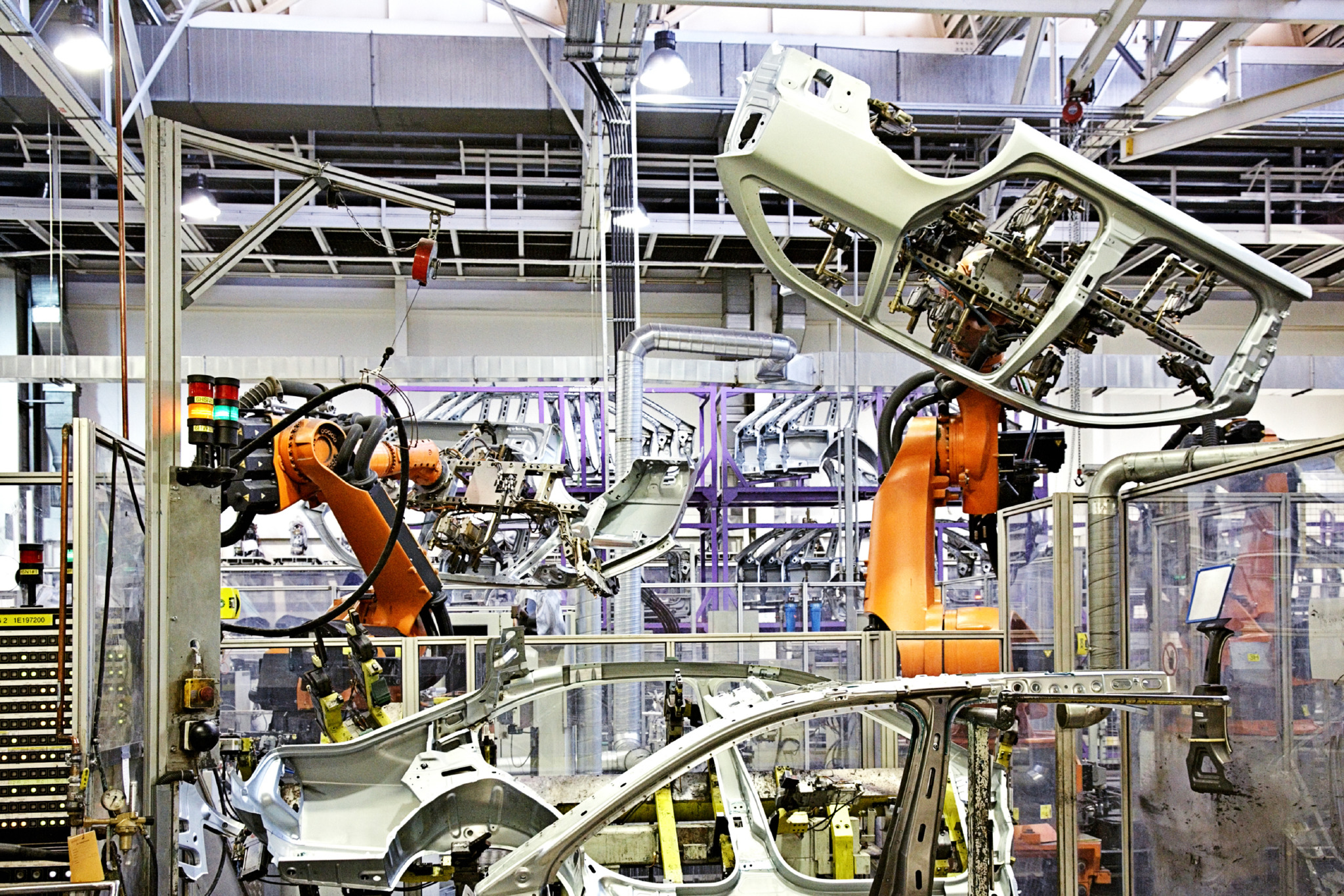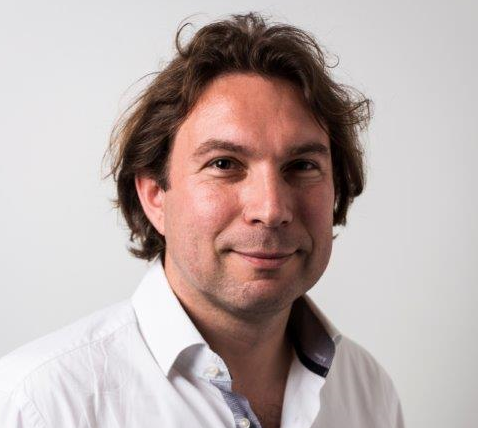



News, Views & Events
Events
LightForm and MIDAS run Royce Workshop for Materials Data Management

In late January, a large group of researchers from the materials community came together to discuss the importance of research data collection, data storage and sharing, and to examine the related challenges. The aim of workshop was to share examples of best practice and current initiatives in the area, and begin to formulate a list of actions to enable better data management practices. The final goal of this workshop was to share these ideas amongst the materials community, research institutions, and funding bodies.
This workshop was designed to facilitate discussion from materials science researchers at all levels and from all backgrounds who collect, store, analyse and share experimental data associated with their samples including optical images, SEM, property measurements and more. There was a large focus on involvement of everyone in the community to change data management and sharing culture. Accordingly, this meeting was open to all, at all stages of their career, from all institutions and backgrounds.
Short form talks were given by industry experts, data librarians, post-doctoral researchers and more, which were used to then stimulate discussion, in extended discussion sessions, to allow for thorough examination of the issues.
The main topics discussed throughout the day ranged from:
- Why should data management be important to materials science researchers?
- What data should materials scientists capture, and how should they be stored?
- How should data processing and analysis considerations influence our data management practices (capture, storage, sharing)?
- How should we store our research data, and when should we delete them?
- Should all data be shared, and if so, when and where?
- What cultural changes are needed to facilitate our data management ambitions?
This workshop was run online through the Henry Royce Institute. Engagement from attendees was strongly encouraged via typed questions in chat boxes, or asking questions. Engagement was also boosted by use of an online platform, where attendees could post questions anonymously if desired.
Overall, there were more than 150 attendees online, with many joining from academic institutions including Manchester, Sheffield, Cambridge, UCL, Leeds, Cranfield, Portsmouth, Loughborough, Sheffield Halam, and Southampton. There were also international attendees from universities in Lorraine (France) and Aachen (Germany). There were representatives from UK funding bodies including the EPSRC and STFC. From industry UKAEA, Rolls Royce, Impact Data Metrics, and Citrine.
Outcomes of this workshop are currently being compiled for public release shortly.
The event was chaired by Prof João Quinta da Fonseca (LightForm at the University of Manchester), and Dr Chris Race (MIDAS and LightForm at the University of Manchester). It was moderated by Dr Kathy Christofidou (Royce Institute at the University of Sheffield), Dr Ed Pickering (Royce Institute at the University of Manchester) and Dr Doyin Mansell (LightForm at the University of Manchester).


